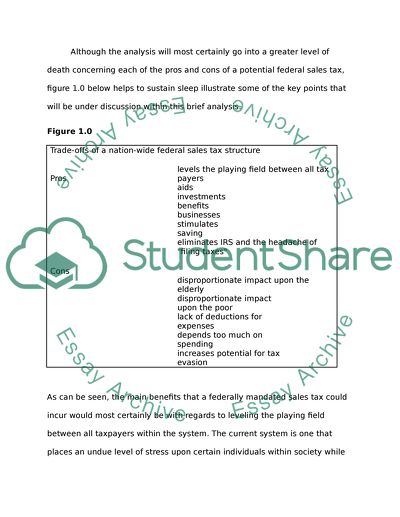Cite this document
(“Replacing the income tax with a national sales tax Research Paper”, n.d.)
Retrieved de https://studentshare.org/history/1496705-replacing-the-income-tax-with-a-national-sales-tax
Retrieved de https://studentshare.org/history/1496705-replacing-the-income-tax-with-a-national-sales-tax
(Replacing the Income Tax With a National Sales Tax Research Paper)
https://studentshare.org/history/1496705-replacing-the-income-tax-with-a-national-sales-tax.
https://studentshare.org/history/1496705-replacing-the-income-tax-with-a-national-sales-tax.
“Replacing the Income Tax With a National Sales Tax Research Paper”, n.d. https://studentshare.org/history/1496705-replacing-the-income-tax-with-a-national-sales-tax.


